
Tetiana Khutor
chairwoman of the organizationShe is a PhD researcher in law on civil forfeiture of unjustified assets. She graduated from foreign programs (Ceeli Institute of Prague (Czech Republic), Georgetown University, Washington DC (USA), and is a certified specialist in corruption prevention (ACREC).
For the last 6 years, she has been developing and analyzing legislation.
In 2016, she headed the Council of Public Expertise under the Verkhovna Rada Committee on Corruption Prevention and Counteraction. For 2 years, she headed the legislative office of the Chairman of the Verkhovna Rada Committee on Corruption Prevention and Counteraction. She had experience in the legislative office of a senator (Massachusetts State House, USA, Boston) as part of the Professional Fellowship Programme.
She is a co-author of the draft laws on anti-corruption courts, illicit enrichment, limitation of parliamentary immunity, and others. Since 2017, she has been the Head of the analytical department (anti-corruption expertise of draft laws and policy analysis) of the Institute of Legislative Ideas.
She has developed both civic and governmental methodologies for conducting anti-corruption expertise in drafting legislation. Author of manuals and training materials on anti-corruption expertise. Involved expert in international organizations. Lecturer of educational programs in the field of anti-corruption legislation, parliamentary procedures, advocacy, and anti-corruption expertise tools.
Related News
Reading time:
5 minutes
16 Feb. 2026
Reading time:
5 minutes
12 Feb. 2026
Reading time:
5 minutes
29 Jan. 2026
Related analytics
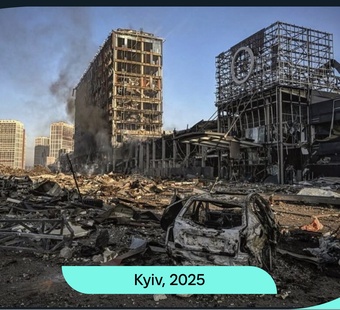

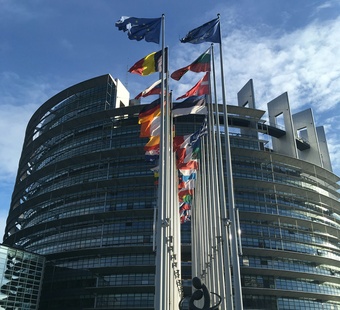


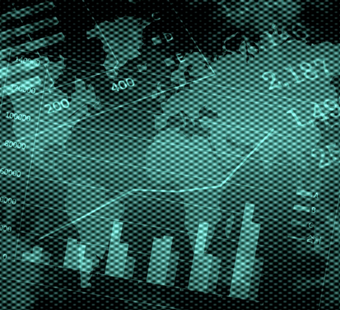
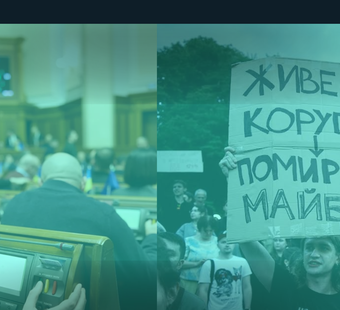
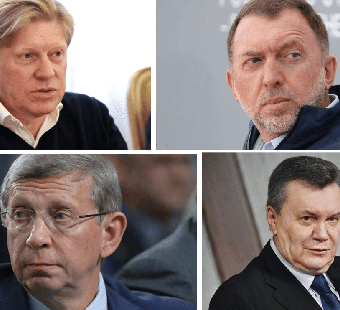


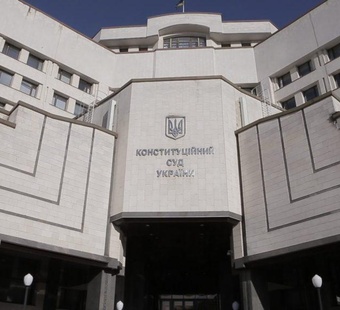
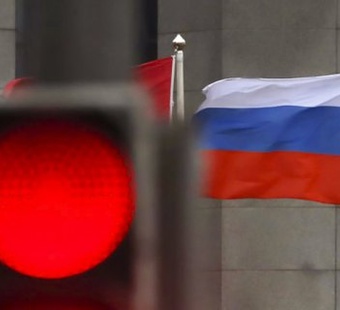
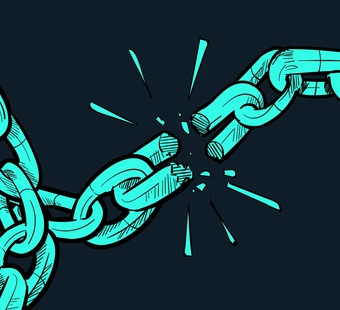
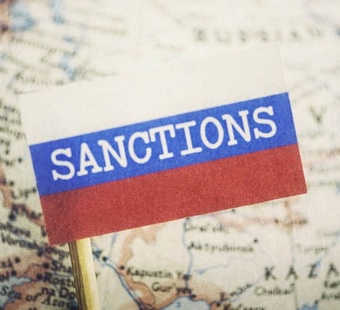

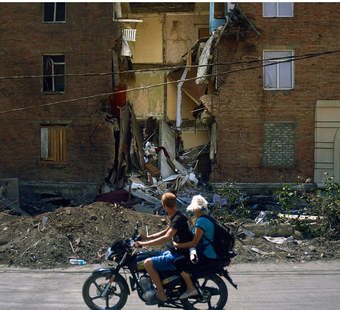
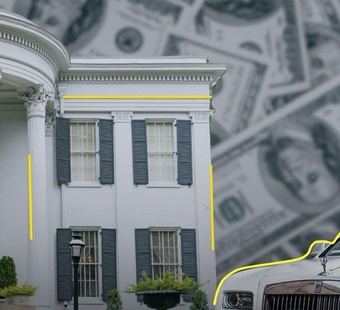

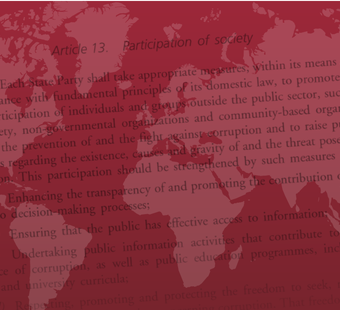


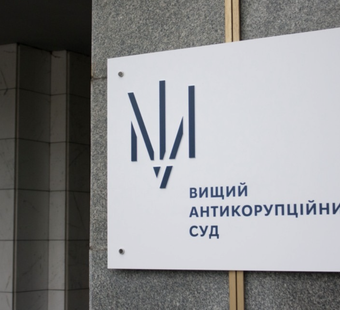
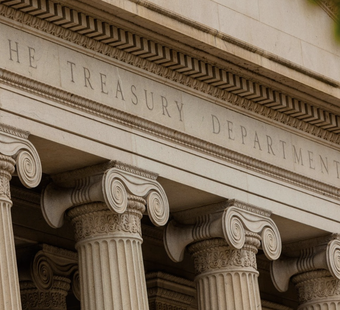



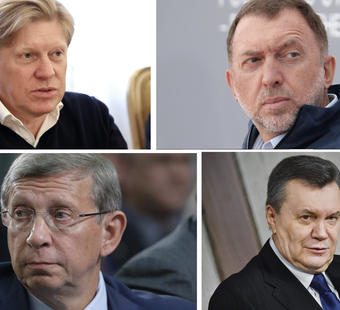
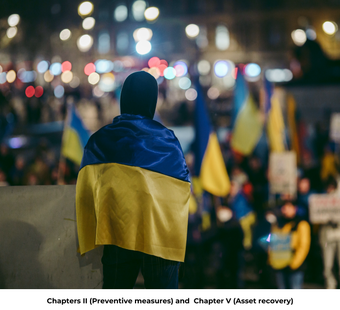


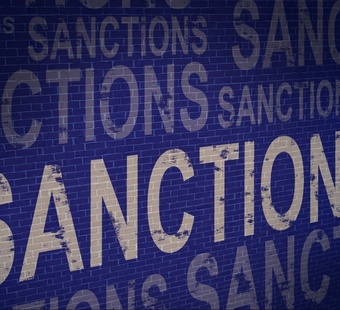

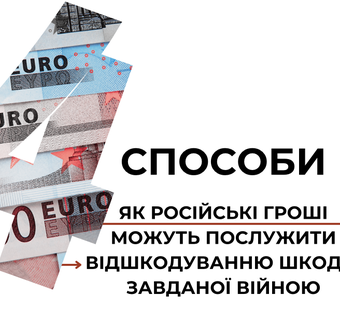
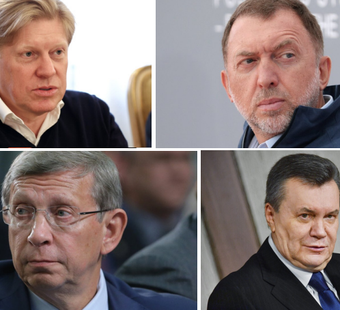
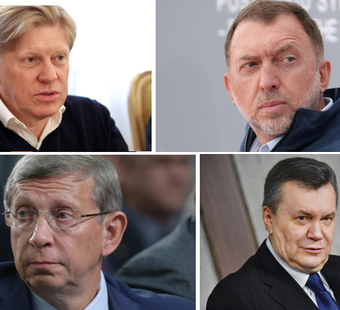

Authors:
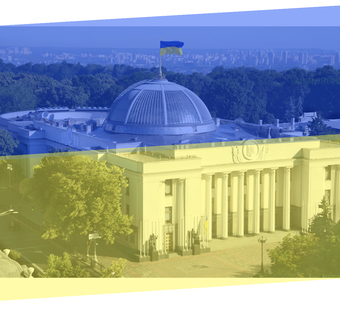
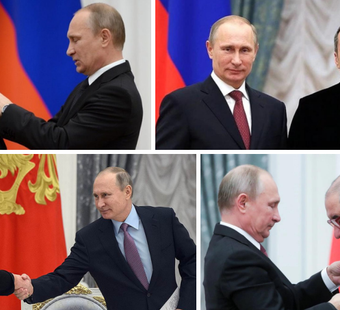


Authors:


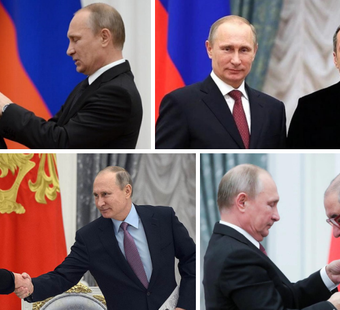
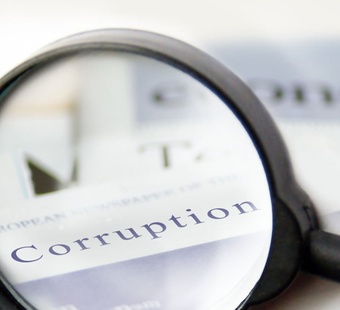
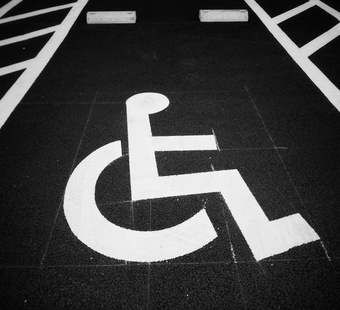
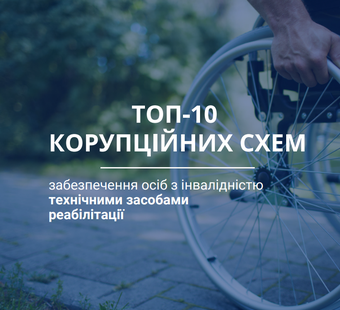
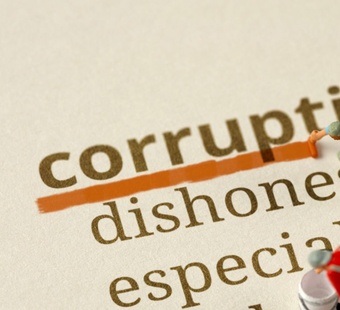
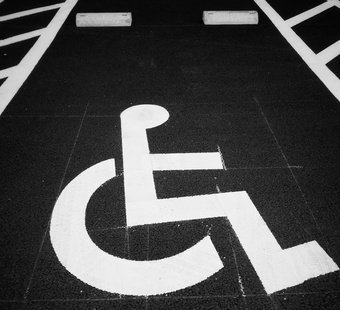
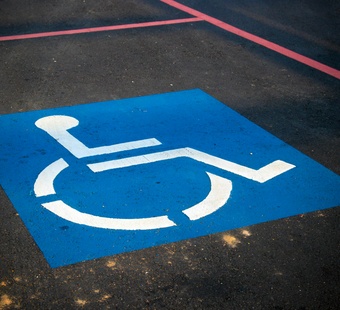
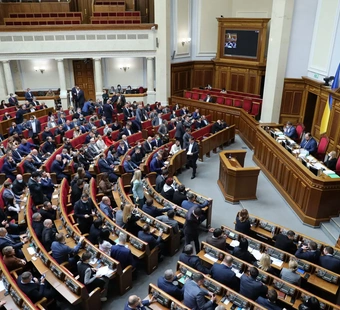

Authors:
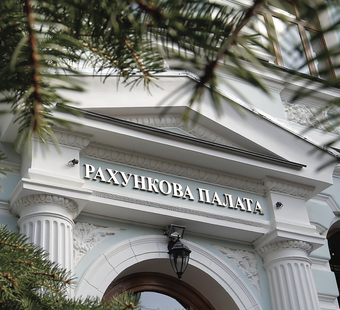
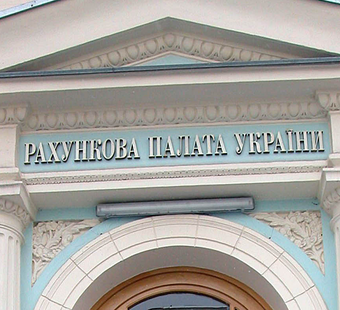
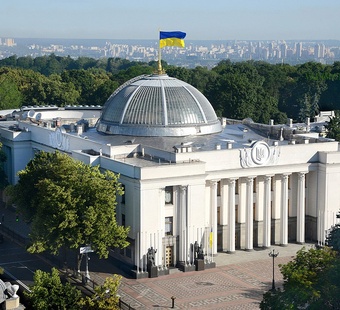
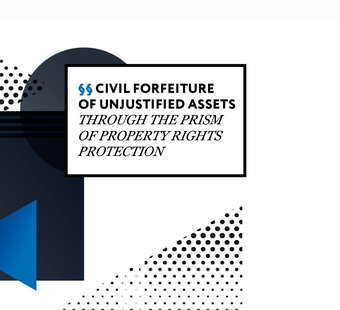
Authors:
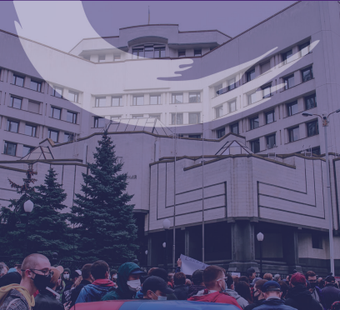
Related Materials
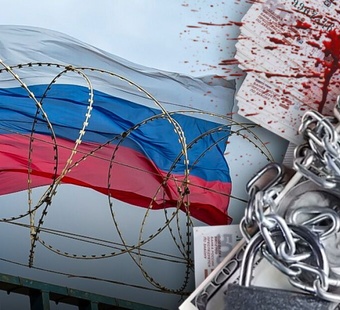
Authors:
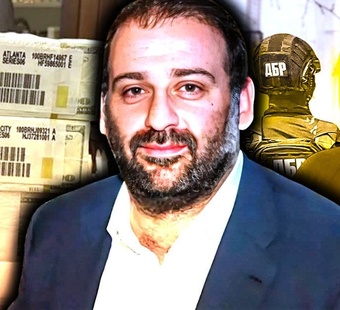
Authors:

Authors:
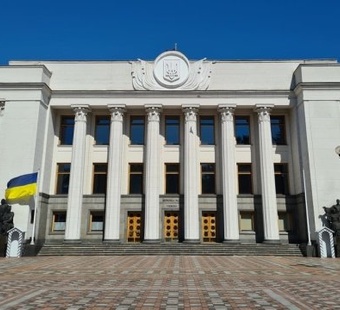
Authors:
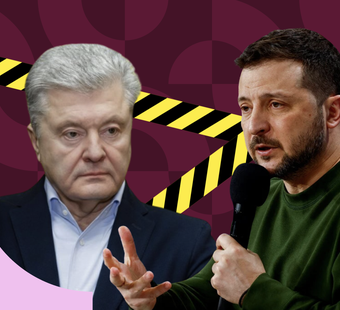
Authors:
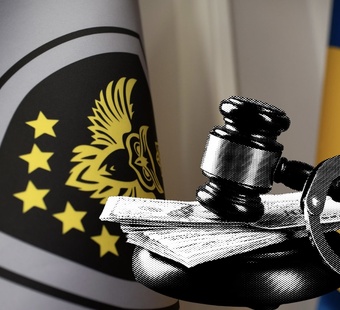
Authors:
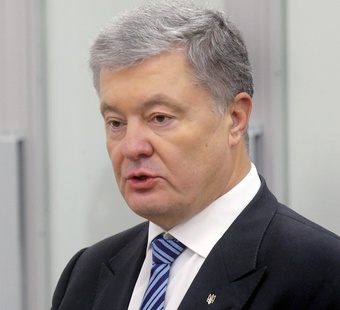
Authors:

Authors:
Related to projects
Efficient reparations now
Останнє оновлення: 17 Nov. 2025
The Institute of Legislative Ideas develops and promotes tools for effective compensation for the damage caused by Russia's war against Ukraine. The project covers accounting for losses, searching for sources of compensation and monitoring the use of funds
Effective and transparent procedure for accreditation of legal education programmes as a prerequisite for the quality of legal education
Останнє оновлення: 19 March 2025
Project goal: To study the results of accreditation of educational programmes in certain specialities by the National Agency for Higher Education Quality Assurance (NAQA) and determine the impact of these accreditations on the quality of legal education. To develop recommendations for improving the accreditation process to ensure a high level of quality of legal education in Ukraine.
Monitoring the implementation of the UN Convention against Corruption (UNCAC)
Останнє оновлення: 21 Jan. 2026
The United Nations Convention against Corruption (UNCAC) is the only universal legally binding instrument to fight corruption in the world. UNCAC obliges state parties to implement effective anti-corruption mechanisms. The monitoring of the Convention's implementation is based on mutual evaluation by the states parties. It involves each state being reviewed by two other states. The process is divided into two five-year cycles. During the first cycle, the implementation of the provisions of Chapters III and IV is evaluated, and during the second cycle, Chapters II and V are evaluated.
Assessment of corruption risks in the passenger transport sector
Останнє оновлення: 19 March 2025
Project goal: Ensure transparency and increase the effectiveness of state supervision in the sector of passenger road transport to eliminate corruption risks and create comfortable conditions for carriers and passengers, including for the return of Ukrainian refugees home.
Minimizing corruption risks in public policy
Останнє оновлення: 30 Dec. 2025
The project includes anti-corruption expertise of legislation, strategic assessment of corruption risks in the sectors, confiscation of unjustified assets, management of corrupt assets, return of corrupt assets to Ukraine, and monitoring of Ukraine's anti-corruption obligations.
Transparent cultural policy
Останнє оновлення: 17 Nov. 2025
Project goal: Ensuring public participation in the reform of the Ukrainian Cultural Foundation (UCF) and the Ukrainian State Film Agency, as well as enhancing trust in the State Film Agency through analytical support and transparency in communication and advocacy for changes in its activities.
Development, Improvement, and Monitoring of the Implementation of Legislation on the Management of Seized Assets in Ukraine
Останнє оновлення: 2 Feb. 2026
To develop and implement an effective and transparent system of public governance for managing seized assets, and to strengthen the institutional capacity of the Asset Recovery and Management Agency to ensure proper oversight of the preservation and use of these assets.



